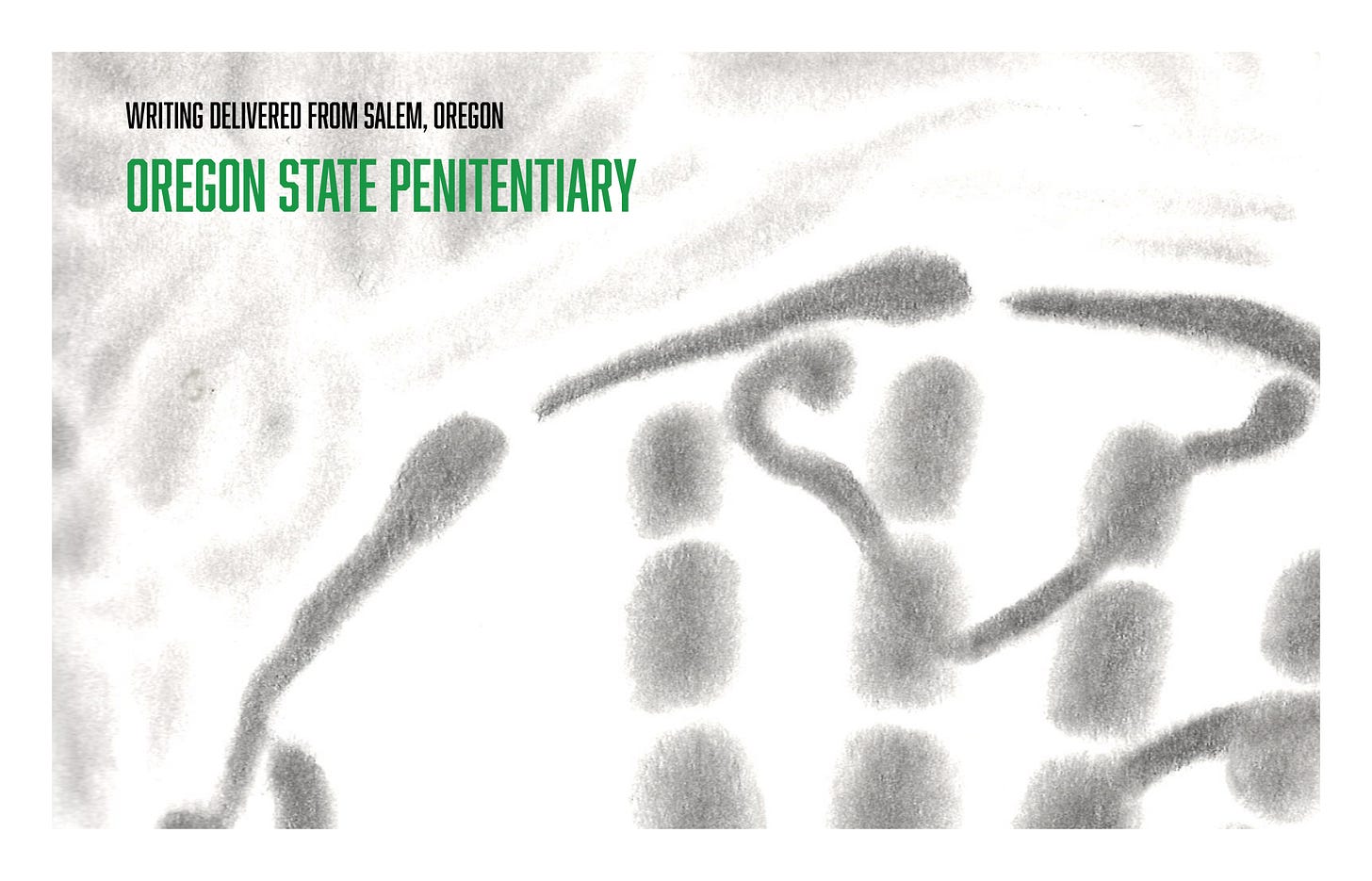About a million Native Americans lived in what is now the United States before the arrival of European explorers. In the year 1615, Massachusetts First Peoples suffered an epidemic of measles and scarlet fever that explorers introduced. About five hundred of the original three thousand survived. My tenth great-grandfather, Edward Rawson, was born in London that same year.
Edward’s parents died very young, so he looked up to the Reverend John Wilson, his uncle who sailed in 1630 to Salem, Massachusetts, seeking religious freedom. Edward followed in 1637 to Newbury, Connecticut, with his young daughter and wife, Rachel Perne. Edward moved to Boston when he became Secretary of the Massachusetts Bay Colony in 1650. He recorded titles for land transactions.
My great-grandmother, Fern Roberts Morgan, wrote a book about how Edward worked for thirty-six years levying taxes, collecting debts, editing the Book of Laws, and prosecuting cases on behalf of the colony. Most colonists did not have paper money, so Edward accepted land grants from other colonists and the court for his recordkeeping services. He accumulated six thousand acres of land in the Commonwealth of Massachusetts.
I can’t help wondering, “Who lived on that land before Edward received title?” Did the great Mohawk chief Hiawatha, or members of the powerful Iroquois League, travel there each year to hunt? How did they, or their descendants, feel about my ancestors claiming ownership? Did those marks on pieces of paper grant rights to use the land? Or own it? Did their languages recognize a word for owning the Creator’s land?
I grew up hearing my mother and father tell ancestor stories that focused on migration from England, Wales, Norway, Germany, and Prussia for religious freedom. But in addition to inheriting a legacy of careful recordkeeping, I inherited a legacy of ignoring the First Peoples who lived here. For that reason alone, I say, “I am sorry.”
I am sorry to all of the tribes whose lands my ancestors traveled through, lived in, hunted on, built homes on, and who they eventually pushed away in four directions. For ten generations, the traces of my ancestors moved westward from the states we now know as Massachusetts, New Hampshire, Connecticut, New York, Virginia, Maryland, Pennsylvania, Ohio, Indiana, Illinois, Missouri, Nebraska, Wyoming, Utah, Idaho, Oregon, and the province of Chihuahua, Mexico. In this way, I address my apology below to as many affected communities, as possible with an apology that I am unable to do so in the native languages of the many nations.
I am sorry to the Abenaki and Pennacook tribes of New Hampshire and Vermont.
I am sorry to the Algonquian and Iroquois of New York.
I am sorry to the Powhatan, Monacan, Manahoac, Susquehannock, Cherokee, and Nottoway of Virginia.
I am sorry to the Indigenous Mound Builders to the Illinois and Miami of Indiana, and all of the eastern tribes who had to move as my ancestors settled. The US Congress passed the Indian Removal Act in 1830. The last tribe, Potawatomi, were driven out by military force in 1838, when some of my ancestors fled religious persecution (to Illinois and Missouri) with Joseph Smith.
I am sorry to the Missouri, Nebraska, Omaha, Pawnee, Arapaho, Cheyenne, Comanche, and Sioux of the Great Plains, who were affected when my ancestors fled persecution again.
I am sorry to the Nez Perce and Shoshone of Wyoming and Idaho.
I am sorry to the Ute, Goshute, and Paiute of Utah, who inhabited these lands before Brigham Young and my ancestors started arriving in 1847. At that time, the land legally “belonged” to Mexico. In the seventeenth to nineteenth centuries, Utes traveled each fall to New Mexico to trade with the Pueblos and Hispanos. My second great-grandfather, Harry M. Payne, likely followed a similar route after being released in 1890 from federal prison for cohabitating with a second wife, my second great-grandmother, Ruth Curtis. From 1891 to 1912, Harry raised his family across the border in Colonia Dublán/Juaréz, in the present-day province of Chihuahua. He wrote: “The first five years we passed through the hardships of pioneering in a foreign land with a new language to learn. We felt quite at home among the people of the [congregation] for the large majority of them had come to Mexico for the same reason that we did.” However, Harry did not acknowledge the Native
Americans who already lived there. Consequently, I am sorry to the Nédnaí subgroup of the Chiricahua Nde (Apache). My great-grandfather Wilford was born on your ancestral lands.
And last but not least, I apologize to the Multnomah, Chinook, Tualatin, and Kalapuya of northwest Oregon, where I grew up. Specifically, lands of the Atfalati subgroup of the Kalapuya tribe, who called their summer camp Chakeipi, meaning “Place of the Beaver.” Settlers borrowed the word and called it “Beaverdam” (Beaverton). By the time my parents honeymooned and settled here in 1970, nineteenth-century European diseases had already caused epidemics that decimated First Peoples populations by 97 percent. (I wish I could have met you and learned your languages.) Survivors, such as the Confederated Tribes of Siletz Indians, saw their million-acre reservation reduced to nine thousand acres.
In this way, I say to all who remain today, I am sorry. I remember you and your First Peoples ancestors. The actions of my ancestors contributed to a legacy of oppression you inherited. For that alone, I am sorry.
As my mother said when she finished speaking, Aho mitakuye oyasin! (For all our relations.) | SB


powerful!